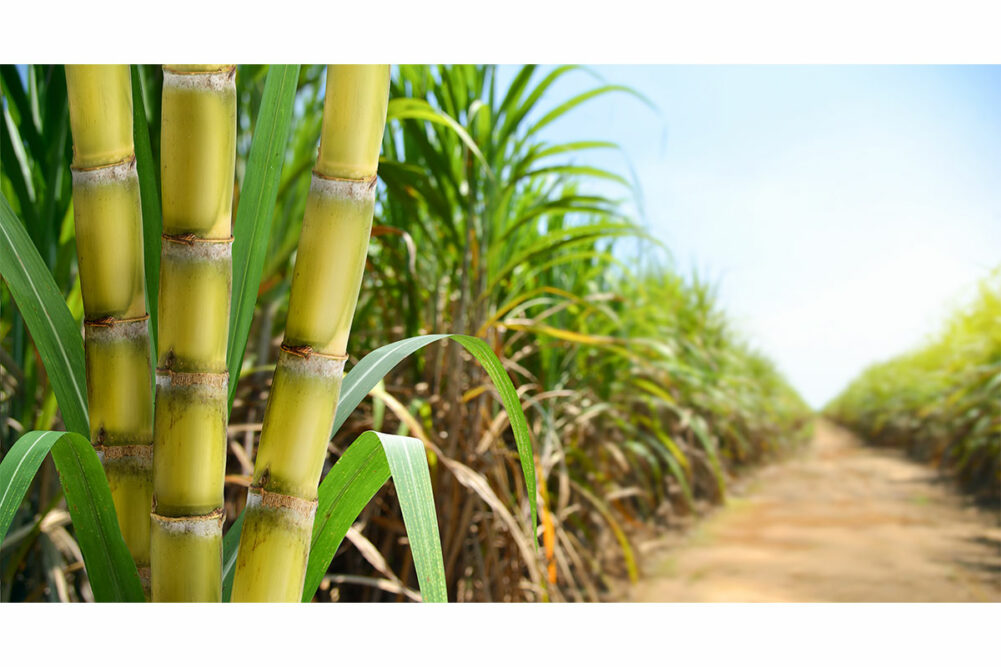Cane Sugar Processing: Trick Technologies for Superior Sugar Production
Cane Sugar Processing: Trick Technologies for Superior Sugar Production
Blog Article
A Comprehensive Introduction of the Health And Wellness and Economic Effects of Walking Cane Sugar Processing on Regional Areas
Walking stick sugar handling plays a crucial duty in shaping the economic landscape of regional communities, offering employment chances and stimulating ancillary sectors. The health and wellness ramifications connected with high sugar consumption can not be ignored, as they contribute to climbing rates of excessive weight and diabetes mellitus.
Financial Benefits of Cane Sugar Handling
Walking stick sugar processing supplies significant economic advantages that prolong beyond the immediate farming market. The farming and handling of sugarcane develop many work chances, from farming to production and circulation. This employment generation not just supports regional economic situations however additionally cultivates area development by giving secure earnings resources for households.
Moreover, the sugar industry promotes ancillary services, including transportation, tools supply, and packaging solutions (Cane Sugar Processing). As these markets expand, they add to a more durable financial framework, enhancing total community durability. The export possibility of refined walking stick sugar better magnifies financial advantages, placing areas as affordable players in global markets
Investment in modern handling centers can lead to enhanced productivity and effectiveness, consequently reducing waste and maximizing resource usage. This change not only profits the neighborhood economy but additionally supports sustainability efforts by minimizing ecological impacts.
Additionally, the income created from cane sugar processing can be reinvested in local infrastructure, education and learning, and healthcare, advertising all natural community growth. Overall, the financial advantages of walking cane sugar handling are complex, offering a foundation for withstanding prosperity in agricultural regions.
Health Dangers Linked With Sugar Usage
Too much sugar intake postures considerable wellness dangers that require significant attention. High intake of included sugars, particularly from refined foods and drinks, has actually been linked to many health complications.
Additionally, high sugar intake is connected with cardiovascular illness. Raised blood sugar level levels can bring about insulin resistance, a precursor to different heart-related concerns. Furthermore, sugar can have detrimental impacts on oral wellness, resulting in tooth cavities and periodontal disease, as germs in the mouth prosper on sugar, generating acids that erode tooth enamel.
In addition, arising research suggests a prospective web link between high sugar usage and psychological health and wellness disorders, such as depression and anxiety. As neighborhoods face these health and wellness dangers, it comes to be vital to promote recognition and encourage much healthier nutritional options. Addressing sugar usage is critical not just for private health and wellness however additionally for the total health of neighborhood communities, stressing the requirement for detailed public wellness methods.
Ecological Effects of Sugar Production
Frequently neglected in discussions concerning sugar's effects is the significant ecological effect of sugar production. The growing of sugarcane usually demands substantial land usage, causing deforestation, loss of biodiversity, and disturbance of regional communities. The conversion of forests and marshes into sugar haciendas can cause habitat devastation, harmful countless species and modifying environmental balance.
Furthermore, sugar manufacturing is resource-intensive, consuming significant quantities of water for irrigation. This can cause depletion of local water sources, negatively influencing both agricultural practices and area access to tidy water. Furthermore, the use of chemical plant foods and chemicals in sugarcane farming can contribute to dirt deterioration and water contamination, as overflow from these chemicals goes into neighboring rivers and lakes, affecting water life and human health and wellness.
The ecological footprint encompasses the handling stage, where power consumption and waste generation further aggravate ecological concerns. Air air pollution from burning sugarcane areas, along with greenhouse gas exhausts, add to environment change. Therefore, try this site the environmental implications of sugar manufacturing warrant major factor to consider, prompting stakeholders to embrace more sustainable techniques to reduce these damaging impacts on local environments and areas.
Work Creation and Neighborhood Advancement
The environmental obstacles positioned by sugar production are commonly counteracted by its capacity for financial benefits, especially in job development and neighborhood advancement. The walking cane sugar industry works as a substantial resource of employment in numerous rural locations, providing tasks across various ability levels, from agricultural labor to handling and circulation duties. This work not only supports specific families yet additionally adds to the total financial vitality of local communities.
Additionally, the facility of sugar processing facilities stimulates ancillary businesses, such as transport solutions, equipment supply, and upkeep providers. As these organizations prosper, they create extra tasks and reinforce neighborhood economic situations. The revenue created from the sugar market additionally results in increased tax obligation incomes, which can be reinvested right into social work such as education and learning, health care, and facilities advancement.
Additionally, the sugar market commonly involves in neighborhood growth efforts, such as supporting local schools and health programs, thus enhancing the lifestyle for residents. By fostering solid neighborhood ties and promoting financial development, the cane sugar processing sector plays a crucial duty in uplifting neighborhood populaces, making it an essential part of lasting advancement techniques in sugar-producing areas.
Balancing Health And Wellness and Economic Growth
In browsing the complexities of walking cane sugar handling, an important difficulty hinges on stabilizing health and wellness considerations with financial development. The sugar sector substantially contributes to neighborhood economies by generating tasks, stimulating associated markets, and enhancing tax obligation revenues. However, the wellness ramifications connected with extreme sugar consumption can bring about chronic diseases such as obesity, diabetes mellitus, and cardiovascular problems, which can problem public health and wellness systems and lessen workforce efficiency.

Additionally, regulative frameworks can play a pivotal role in directing market methods in the direction of even more lasting and health-conscious techniques. By cultivating collaboration between federal government bodies, wellness organizations, and the sugar industry, communities can navigate the duality pop over to this site of health and financial development, making Look At This certain that the advantages of cane sugar handling are equitably shared while focusing on public health and wellness.
Final Thought
Finally, the handling of walking stick sugar presents both significant economic benefits and significant health and wellness dangers for regional communities. While it fosters work production and boosts regional development, the involved health and wellness issues, particularly regarding excessive weight and diabetes mellitus, necessitate a mindful balancing act. By promoting liable usage and investing in community education and learning and lasting practices, it is feasible to take full advantage of economic advantages while lessening adverse wellness impacts, thus ensuring a healthier future for local populations.
Additionally, sugar can have destructive effects on dental health, resulting in dental caries and gum condition, as bacteria in the mouth flourish on sugar, generating acids that erode tooth enamel.
Attending to sugar intake is crucial not only for specific wellness but also for the overall wellness of neighborhood communities, stressing the demand for extensive public health and wellness approaches.
Often ignored in conversations about sugar's ramifications is the substantial environmental impact of sugar production. The health and wellness effects linked with extreme sugar intake can lead to persistent conditions such as excessive weight, diabetes, and cardiovascular problems, which can problem public wellness systems and lessen labor force productivity.

Report this page